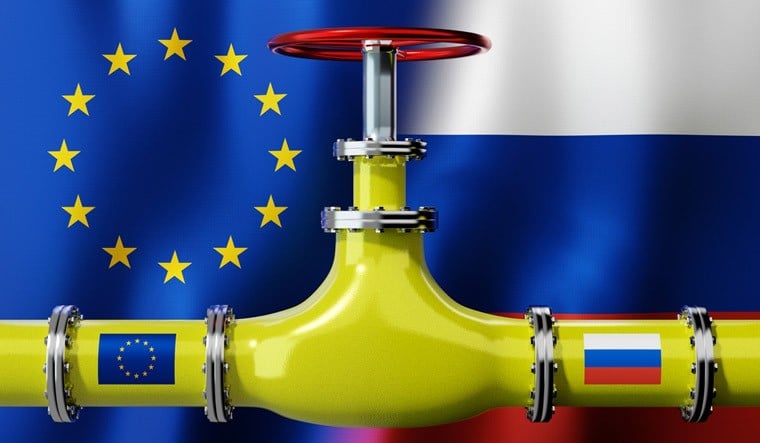 |
| An EU country still declares to buy Russian gas. (Source: The Week) |
Why Austria loves Russian gas
Seventeen months after Russia launched its extraordinary military campaign in Ukraine, countries across Europe have moved with surprising speed to reduce their long-standing dependence on cheap gas from Moscow.
Germany, which received 55 percent of its gas supplies from Russia before the military operation, has stopped importing from Moscow. Poland, Bulgaria and the Czech Republic have also suspended or are about to halt gas flows from President Vladimir Putin’s country. Meanwhile, Italy has steadily cut imports and pledged to stop using Russian natural gas by the end of the year.
In contrast, Austria—which received nearly 80% of its gas from Russia before the military operation—still received more than half of its total gas from Moscow in May 2023. And before that, in March 2023, when demand was higher, Austria imported 74% of its gas from Russia.
“As long as Russia sells gas, Austria will buy,” said the CEO of Austrian energy company OMV Group.
Austria - the first Western European country to sign a gas contract with the Soviet Union in 1968 - has for decades relied heavily on Russian gas.
The main reason the EU has not initiated any formal sanctions on Russian gas imports – like those imposed on oil and coal – is that Austria and other major buyers need the commodity. Several European countries are still customers of Russian liquefied natural gas (LNG).
Last year, Austrian Chancellor Karl Nehammer warned that an immediate cutoff of Russian gas flows would lead to economic ruin and mass unemployment.
Austrian Energy Minister Leonore Gewessler said the government remains committed to ending imports of Russian natural gas by 2027. However, she said: "It is not easy to undo policies that have been in place for many years in just a few months or a year. As a landlocked country, Austria - unlike Germany, Italy or Greece - cannot yet build ports for LNG tankers."
When the military campaign in Ukraine began in February 2022, OMV - an Austrian energy company - spent 7 billion euros, about 7.7 billion USD, to buy Russian gas.
“We will continue to buy equivalent volumes of gas from Gazprom – the Russian energy giant – as long as it is available,” said Alfred Stern, CEO of OMV, in a recent interview with The Financial Times .
Recently, OMV also announced a 10-year agreement to buy gas from British energy group BP starting in 2026, to "promote the diversification of supply sources".
The Austrian government owns about 30% of OMV. The United Arab Emirates (UAE) owns 25%.
Gazprom's revenue suffers heavy losses
Simon Kardash, senior policy fellow at the European Council on Foreign Relations, said that not only the 28-member bloc is struggling, Russia is also facing difficulties as the gas market changes.
Putin’s country has lost its position as the main gas supplier to the EU, with Russian gas exports via pipeline to the 27-member bloc falling from nearly 146 billion cubic metres (bcm) in 2021 to between 61-62 bcm in 2022 , according to Simon Kardash.
Russian gas continues to flow to Europe via pipelines running through Ukraine (based on transit agreements until the end of 2024) and through Türkiye via the TurkStream pipeline, but in small quantities.
In the first five months of 2023, Russia's gas exports through operating pipelines reached only 10 bcm compared to 62 bcm and 42 bcm in the same periods of 2021 and 2022, respectively. The sharp drop in supplies to Europe forced Gazprom to cut gas production by 20%, causing heavy damage to the Russian energy giant's revenue.
The Russian gas giant suffered a net loss of 1.3 trillion rubles ($17.3 billion) in the second half of 2022. Meanwhile, Gazprom's cash and other financial assets at the end of December 2023 fell to 1.1 trillion rubles ($12 billion), from 2 trillion rubles recorded on January 1, 2022.
Gazprom's net loss this year will widen further as the company needs to raise billions of dollars to finance a gas export pipeline to China, said Mikhail Krutikhin, a partner at Moscow-based consultancy RusEnergy.
The loss of the European market has forced Russia to look for new markets, but finding a quick and financially attractive alternative seems unrealistic at the moment, Mr. Simon Kardash added.
Gazprom cannot immediately divert gas from its Western Siberian fields and those on the Yamal Peninsula to countries outside Europe and Türkiye. Gazprom has no pipelines that would allow it to export these volumes to Asian markets such as China.
The only pipeline through which Gazprom can export gas to the world's second-largest economy is the Power of Siberia. However, the Power of Siberia is not connected to the gas network in western Russia.
“Gazprom plans to build a new gas export pipeline from Russia through Mongolia to China – Power of Siberia 2 – which would allow for the export of 30 bcm of gas per year from Western Siberian fields. However, to date, there are no binding agreements and no contracts for the supply of gas to China via this route,” said researcher Simon Kardash.
Source



![[Photo] Prime Minister Pham Minh Chinh works with the Standing Committee of Thai Binh Provincial Party Committee](https://vphoto.vietnam.vn/thumb/1200x675/vietnam/resource/IMAGE/2025/5/12/f514ab990c544e05a446f77bba59c7d1)

![[Photo] Prime Minister Pham Minh Chinh starts construction of vital highway through Thai Binh and Nam Dinh](https://vphoto.vietnam.vn/thumb/1200x675/vietnam/resource/IMAGE/2025/5/12/52d98584ccea4c8dbf7c7f7484433af5)

![[Photo] Buddha's Birthday 2025: Honoring the message of love, wisdom, and tolerance](https://vphoto.vietnam.vn/thumb/1200x675/vietnam/resource/IMAGE/2025/5/12/8cd2a70beb264374b41fc5d36add6c3d)

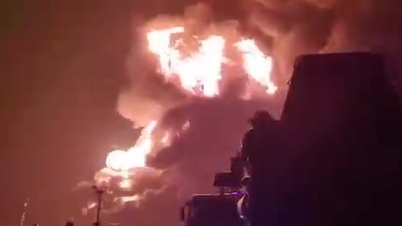

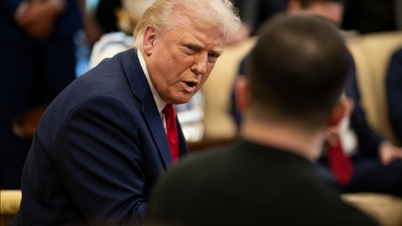


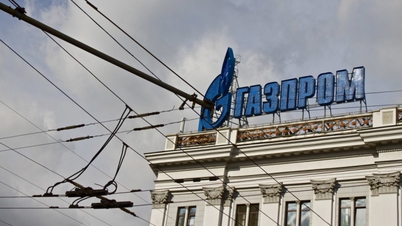
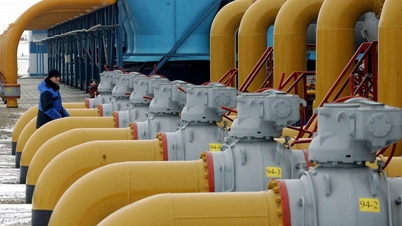


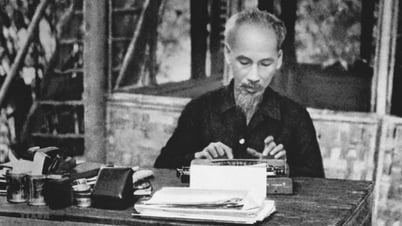


























































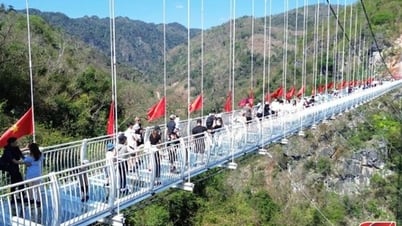






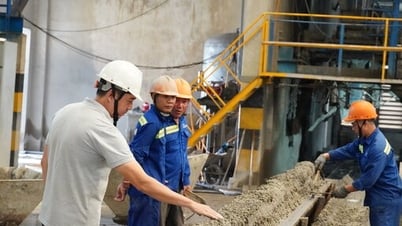



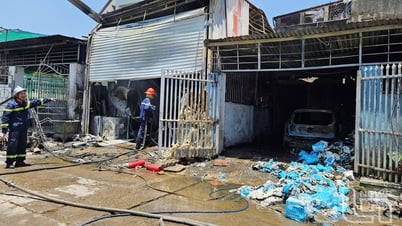











Comment (0)